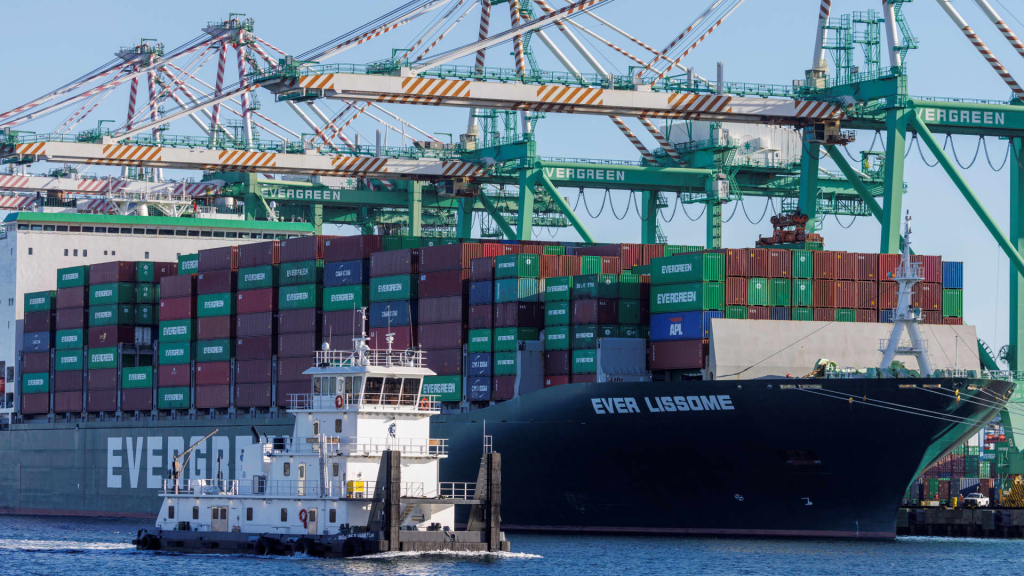Import shipments from China to the West Coast of the United States are poised for a significant decline next week, driven primarily by the repercussions of President Donald Trump’s tariffs, which have prompted businesses to reduce their import orders.
During an interview on Finance Newso’s “Squawk Box,” Gene Seroka, the executive director of the Port of Los Angeles, revealed his expectations for a sharp decline of more than 35% in cargo volume next week when compared to the same period last year.
“Our port optimizer indicates that we will see a decrease of just over 35% in incoming shipments next week compared to last year. This represents a dramatic drop in volume as several major American retailers halt shipments from China due to the tariffs,” Seroka stated.
Currently, about 45% of the operations at the Port of Los Angeles are reliant on shipments from China. Nevertheless, some transportation companies are expected to shift their focus to other regions in Southeast Asia to mitigate the impact of the decline, according to Seroka.
“Until a comprehensive agreement can be established with China, the volume of goods we receive from there—including most commodities—will remain very low,” he predicted.
Furthermore, Seroka indicated that nearly 25% of the typical number of vessels anticipated at the port in May could also be canceled, compounding the issues faced by port operations.
The impetus for this downturn stems from Trump’s recent announcement on April 2 regarding a substantial increase in tariffs on Chinese imports, leading to retaliatory measures from both countries that have resulted in mutual tariffs exceeding 100% on a wide range of products. U.S. Treasury Secretary Scott Bessent has labeled the current trade situation as “unsustainable,” yet significant negotiations remain elusive.
Data has already begun to show a decline in shipments from China, alarming economists about a potential slowdown in trade volume. Apollo Global Management’s chief economist, Torsten Slok, recently articulated a timeline predicting that reduced imports from China could lead to job losses in the U.S. transportation and retail sectors, empty shelves, and a possible recession this summer.
Seroka noted that U.S. retailers may have a window of five to seven weeks before the repercussions of reduced shipments are keenly felt. This is partly due to prior stockpiling of goods ahead of the tariff announcements.
“I don’t forecast complete voids on store shelves or online products. However, if you’re in search of a blue shirt, you may find numerous purple options but only one blue in a less desirable size. The variety of goods available on shelves will begin to shrink due to the lack of diverse imports resulting from the new costs. Moreover, price increases will accompany the limited availability of those sought-after items,” Seroka explained.

























